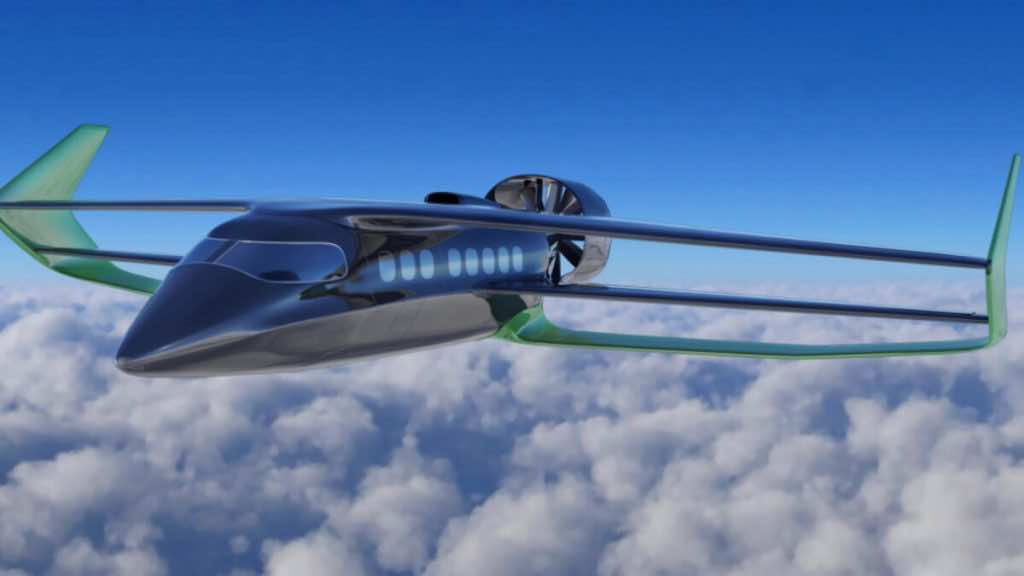The aviation industry is gradually embarking on its electrification journey, which would also contribute to the goals of sustainable development. According to reports, a British aviation firm named “Faradair” is signaling the possible arrival of its hybrid triplane known as “Bio Electric Hybrid Aircraft (BEHA).” This incredible aircraft has been in the manufacturing process for short-haul electric travel and will be completed by 2025, as per the company. Moreover, the aircraft will commence its commercial flights by 2027 and has a capacity of 19 passengers.
In addition to that, this propeller-based aircraft consists of an electric motor and a small gas turbine, which will generate electricity for the aircraft. Interestingly, there are solar panels installed on the wings of the aircraft, which will enable it to produce cabin power when standing on the ground. However, the CEO of Faradair, Neil Cloughey, stated, “The BEHA will have fewer moving parts, making it cheaper to operate.” This makes us understand that the operating cost of this aircraft is going to be a lot less in comparison to other means of travel, preferably rail transport, and in this way, passengers can easily afford the tickets.
Cloughey further said, “We decided we would come up with an aircraft that would not only be economical to use, and therefore cost-effective, but would also be quiet and sustainable.” The aircraft will follow the short-haul route between London and Manchester, and that too, for just £25 either way. If we draw the comparison between rail travel and traveling from Faradair, then it would cost less to travel about 163 miles than rail travel between the two cities.
As we know, the International Air Transport Association (IATA) has recently notified the aviation industry about the steps that it is going to take in order to reduce carbon emissions by 2050. It should also be kept in mind that the whole aviation industry contributes about 2% of the global carbon emissions. So, this aircraft is designed in such a way so as not to have any deteriorating impact on the environment regarding carbon emissions. Notably, Airbus is also introducing the concept of biofuels in its electric propulsion aircrafts in order to follow the goals of sustainable development.

